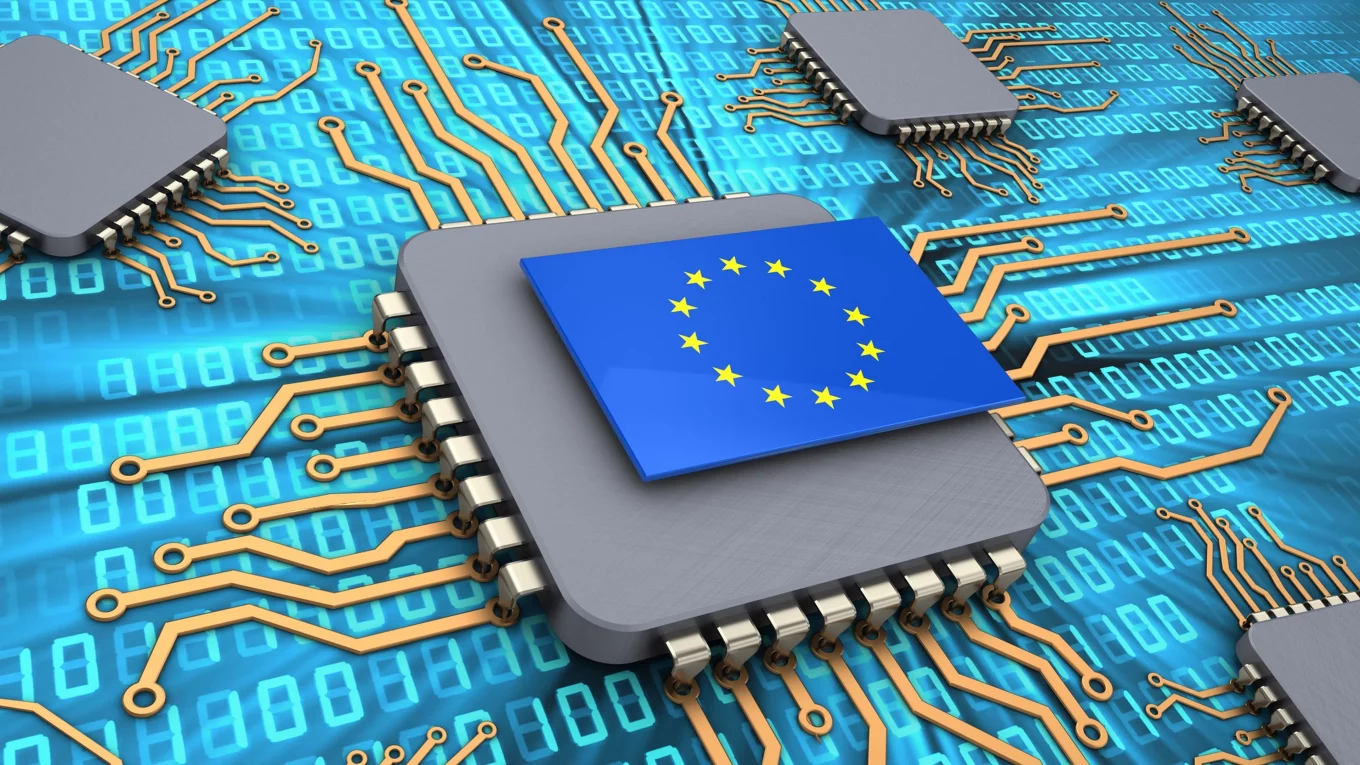The European Union Leads the Way in Comprehensive AI Regulation
In a landmark decision, the European Union (EU) has positioned itself as the frontrunner in fully regulating the uses of artificial intelligence (AI) worldwide. Following three days of intense negotiations, the EU member states and the European Parliament have reached a provisional agreement, paving the way for a comprehensive regulatory framework. This agreement, though still pending ratification by both parties, is expected to come into effect by the end of 2026, with some provisions possibly taking effect earlier.
Background and Context
The regulation aims to ensure that AI systems used within the EU are safe and uphold fundamental rights and European values. Spain, holding the presidency of the Council of the EU, has made closing this legislation a priority during its term, which concludes this December. Negotiations have been characterized by passionate exchanges and meticulous scrutiny over what constitutes a risk, as well as the necessary exceptions and safeguards to protect individual rights without impeding economic interests.
Key Provisions and Objectives
The EU seeks to strike a balance between fostering innovation and mitigating risks associated with AI technologies. The regulation is designed to be adaptable to unforeseen advancements and changes in existing technologies. The ultimate goal is to establish a robust legal framework that provides legal and technical certainty for citizens and businesses while minimizing the need for legal action.
Regulatory Framework
- Ensuring Safety and Fundamental Rights: The regulation seeks to guarantee that AI systems comply with fundamental rights and democratic principles. This includes provisions to prevent the misuse of AI for purposes such as surveillance and social scoring.
- Flexibility and Adaptability: Recognizing the evolving nature of AI technologies, the framework allows for flexibility in regulation to accommodate future developments and emerging risks.
- Enforcement Mechanisms: To ensure compliance, the regulation includes provisions for sanctions, potentially including fines based on a percentage of the company’s annual turnover. An independent supervisory body, the AI Office, will be established to oversee implementation and enforcement.
Stakeholder Responses
- Spanish Presidency: The Spanish Presidency emphasizes the importance of establishing a regulatory framework that serves as a global reference while promoting innovation and respecting fundamental rights.
- European Commission: Commissioner Thierry Breton hails the regulation as a landmark achievement, positioning Europe as a leader in AI development. The regulation is seen as a catalyst for European startups and researchers to excel in the global AI race.
Addressing Controversial Issues
- General-Purpose AI Models: Negotiations centered on regulating AI models like ChatGPT, emphasizing transparency requirements and ensuring that data used for training respects copyright laws.
- Biometric Surveillance: Stricter limitations are imposed on biometric surveillance, particularly in public spaces. While real-time surveillance is permitted for law enforcement purposes, it requires judicial authorization and is restricted to specific crimes.
International Implications
The EU’s regulatory framework sets a precedent for comprehensive AI regulation, surpassing initiatives in other regions such as the United States and the United Kingdom. The global impact of the EU’s approach underscores its commitment to upholding democratic values while fostering technological innovation.
Conclusion
The EU’s pioneering regulation of AI reflects a proactive approach to addressing the challenges and opportunities presented by emerging technologies. By prioritizing safety, fundamental rights, and innovation, the EU aims to establish itself as a global leader in responsible AI development. As the regulation moves towards ratification, it signals a new era of governance in the digital age, shaping the future of AI usage and regulation worldwide.








